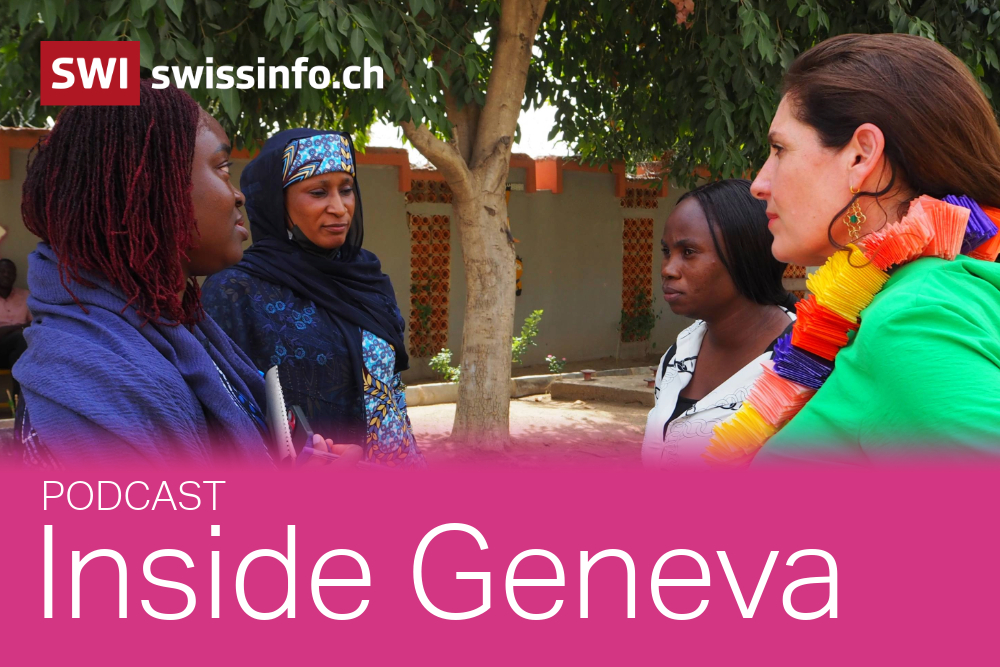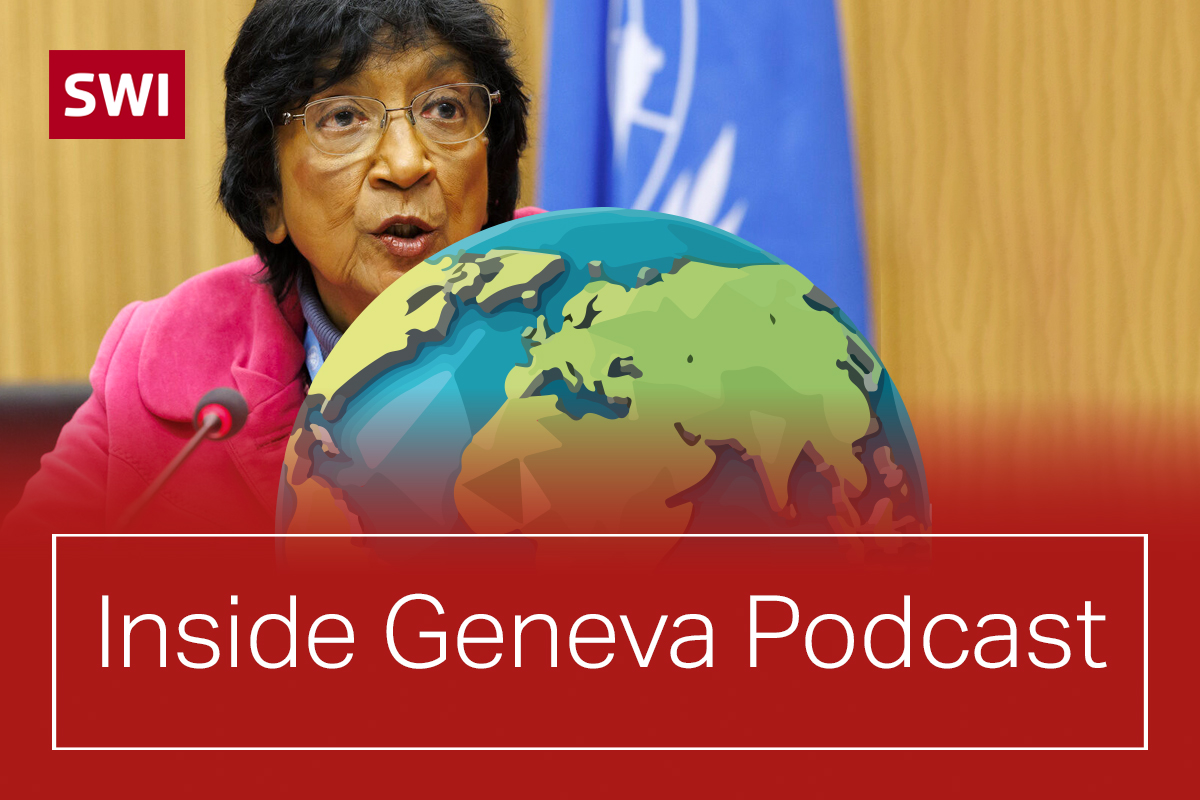
As old as war itself
Rape and sexual violence in war have been with us as long as war itself – in other words, forever. But this crime has, until fairly recently, not attracted the same outrage, let alone the same legislation and prosecution, as other wartime atrocities.
When the first Geneva Conventions were drafted, rape was not explicitly mentioned. In the post World War II Nuremberg Trials, no one was prosecuted for rape, although the court did hear harrowing testimony of it.

More
Summer profiles: recognising and supporting survivors of sexual violence
Only in 1949, with the Fourth Geneva Convention, were rape and enforced prostitution prohibited. And even after that, as horrific accounts of mass rape emerged from Bosnia in the 1990s, there was an almost wilful misunderstanding of what was going on. The violence was sometimes portrayed simply as soldiers getting carried away, as isolated or random incidents.
It took the Rwanda genocide tribunal of 1998, and the hard work of then judge (and later UN Human Rights Commissioner) Navi Pillay, to insist that systematic rape and sexual violence was not only a sex crime and a violent assault, but a weapon of war. The tribunal introduced the landmark term “genocidal rape”, to define systematic assaults designed to destroy a particular community.

More
Inside Geneva talks to Navi Pillay: from the apartheid regime to the UN
Few prosecutions – and what about the survivors?
Including these crimes in our body of international law is welcome, and it has brought more attention and awareness to conflict related sexual violence. But still, there have been few prosecutions. Meanwhile survivors of sexual violence face a host of problems, from mental trauma, to ill health, to stigma and isolation.
This week on Inside Geneva, in the final episode of our series of summer profiles, we talk to Esther Dingemans, Executive Director of the Global Survivors Fund, a Geneva-based NGO dedicated to reparation for survivors of sexual violence.
Dingemans started her career as a social worker in her native Holland, working with refugees. She soon decided she wanted to work in the field, and, increasingly, from Darfur, to the Democratic Republic of Congo, to Syria, she came across women who had been subjected to sexual violence.
“It is a weapon of war,” she tells Inside Geneva. “I would say it’s a weapon of mass destruction. It is really maximising harm.”
What does reparation mean?
So what does the Fund actually do? When I talk to Dingemans, she had just returned from Gaziantep, in Turkey, where she has been working with Syrian refugees. There, a project is underway to support women, girls, men, and boys, who have been raped. Some by ISIS, Dingemans explains, but most by Syrian forces, inside Syrian detention centres.
The Fund does work with governments to encourage them to offer reparation, but, as Dingemans admits, such a move is “not going to happen” in Syria anytime soon. Instead the project is offering various forms of support, from psychosocial support, to health checks. Financial support is, Dingemans points out, just one form of reparation, and, for many women, it is by no means their first or most important need.
“What is really important,” she explains, “particularly for survivors of sexual violence, which is often surrounded by so much shame and stigma, is to be acknowledged, that harm has been done to them, and that it was not their fault.”
Listening to Dingemans, I feel quite angry. Not only are women subjected to horrific sexual violence, but then, in many communities, including the most developed, they can be subjected to public shaming, they are ostracised, abandoned even, by their families and communities.
So strong is the stigma, says Dingemans, that many women never tell a soul what has happened to them, compounding possible health risks, trying even to hide pregnancies that resulted because of rape.
‘‘Survivors doubt themselves. Most victims of sexual violence will always question themselves. Am I to blame?”
No shame, no blame
The initial steps Dingemans and her colleagues take, to acknowledge the harm done, and to insist to survivors that they are in no way to blame for the violence inflicted on them, can be the first step towards healing.
But after that, women are encouraged to steer the path towards reparation themselves. For Nigerian schoolgirls abducted by Islamist extremist group Boko Haram, who survived months of enslavement and sexual violence, a key form of reparation was the right to return to school.
Boko Haram abducted them in the first place, it claimed, because its supporters did not want Nigerian girls learning westernised values, or indeed having any form of education at all.
Returning to school was, for them, Dingemans, explains “a form of defiance”, proving that Boko Haram had not won, and had not erased the girls own plans and hopes for the future.
And the future?
Going forward, Dingemans agrees that in an ideal world we would succeed in preventing conflict related sexual violence. But we don’t, and never will, live in an ideal world. Instead Dingemans wants more focus on ending impunity: men who inflict this form of violence should expect to be prosecuted for war crimes.
That too will take time, and political will. But what is possible, right now, is the multi-faceted reparation that Dingemans and her colleagues work on.
“Being heard, being compensated, enabling people to re-build their lives. We are making gains, but there is still a lot of work to do.”
The work being done by the Global Survivors Fund is exemplary, so please do listen to our full interview on Inside Geneva to hear more about it.

In compliance with the JTI standards
More: SWI swissinfo.ch certified by the Journalism Trust Initiative


































You can find an overview of ongoing debates with our journalists here . Please join us!
If you want to start a conversation about a topic raised in this article or want to report factual errors, email us at english@swissinfo.ch.